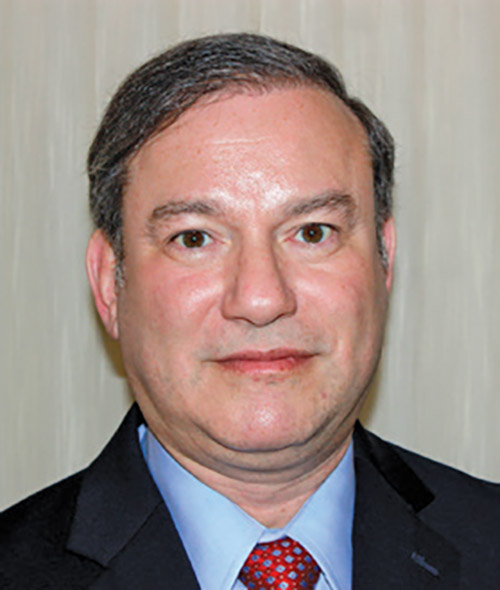
We are all being warned about global warming and climate change. Erratic weather patterns have lately emerged where droughts, floods, hurricanes and glacial meltdowns are being reported, resulting in a slowly rising sea level. Many attribute this to man’s polluting and mismanaging our environment, in fact, robbing the natural resources of the world and endangering our next generation.
This all sounds familiar, especially when we read the weekly portion of Noach. The behavior of mankind had deteriorated and been corrupted. Sexual immorality and perversions were widespread. God noted that “the Earth is filled with robbery” (Bereishit 6:13) and it was felt that he had no choice but to flood the Earth and start all over again.
It was only after the great flood receded that the world again began to appreciate the value of family. Rabbanit Yemima Mizrachi points out that the term for family, mishpacha, is the root of the word “l’mishpechoteihem.” The Torah tells us that “every living being, every bird, animal, etc., came out of the ark, “l’mishpechoteihem,” to their family units (8:19). The question is, to which family units did they go to? After all, there were no living creatures left in the world after their destruction. Our sages, however, tell us that they went on to establish their own new families, now that they fully appreciated the value of family. This was something they had observed in Noach, who was devoted to his own family and to the continuation of the lives of the animals on board the ark.
The good news is that Hashem reassured Noach and all the generations that followed that they would never again experience this sort of climate destruction and change. Hashem promised all the future generations that he would set the rainbow in the sky as a sign of His promise never to destroy the Earth again (9:12-15). As a result, we can breathe somewhat of a sigh of relief and be a bit skeptical of the claims that we only have 12 years to save the planet before we are all gone.
Still, we all have an obligation to act responsibly with regard to our environmental concerns. If one person burns a rainforest in Brazil, releases CFCs into the atmosphere or pours used engine fluid into a quiet suburban sewer, the health of the world as a whole will be the worse for it. The environment, the world and its ecosystems contain complex interrelationships and interdependencies we can hardly fathom and often discover only after the fact.
R’ Dovid Rosenfeld reflected on the Pirkei Avot that stated: “The world was created in 10 utterances. What does this come to teach us? Could not the world have been created in a single utterance? It was in order to exact punishment from the wicked who destroy the world that was created in 10 utterances, and to give reward to the righteous who sustain the world that was created in 10 utterances” (Chapter 5:1). R’ Rosenfeld opined that spiritual deeds, both good and evil, influence our spiritual “environment” no less deeply than our physical environment. We all share this world together. Each and every one of us must perform his or her duty, to do his share to bring the world to its perfected state. United in service of God, we move forward; divided we all fall.
When we speak of climate change and erratic weather patterns we can look at the parsha and say that we have already experienced that in our history. We have already been there and done that. The good news is that Hashem promised us that this will never occur again. Still, we have to be good stewards of the physical world we have been given. We have to realize that what we do has an effect on the physical world around us. At the same time, how we act morally and spiritually also has an effect on the world around us. We do not live in a world where anything goes and our actions affect no one but ourselves. Indeed, when we see how the story of the great flood ended, we appreciate family values and how each and every one of us makes a difference in our sphere of influence.
Indeed, this holds true for interpersonal relationships as well. We do not live in a vacuum where we can say that what we do is our own business. How we comport ourselves has an influence on our family and fellow human beings. Whether it is as simple as smiling or frowning at others, or as complex as the lifestyle we choose to live, we need to feel responsible for how we might be affecting our interpersonal ecosystem. Again, each one of us makes a difference in our sphere of influence.
May Hashem bless us to go forth and make the world a better place, both physically and spiritually. May we learn to appreciate how our individual actions affect our planet, our souls and all those whom we come across.
Rabbi Dr. Avi Kuperberg is a forensic, clinical psychologist in private practice. He is president of the Chai Riders Motorcycle Club of NY/NJ. He leads the Summit Avenue Shabbos Gemara shiur and minyan in Fair Lawn, NJ, and is a member of the International Rabbinical Society. He can be reached at Psychologist@Juno.Com.










